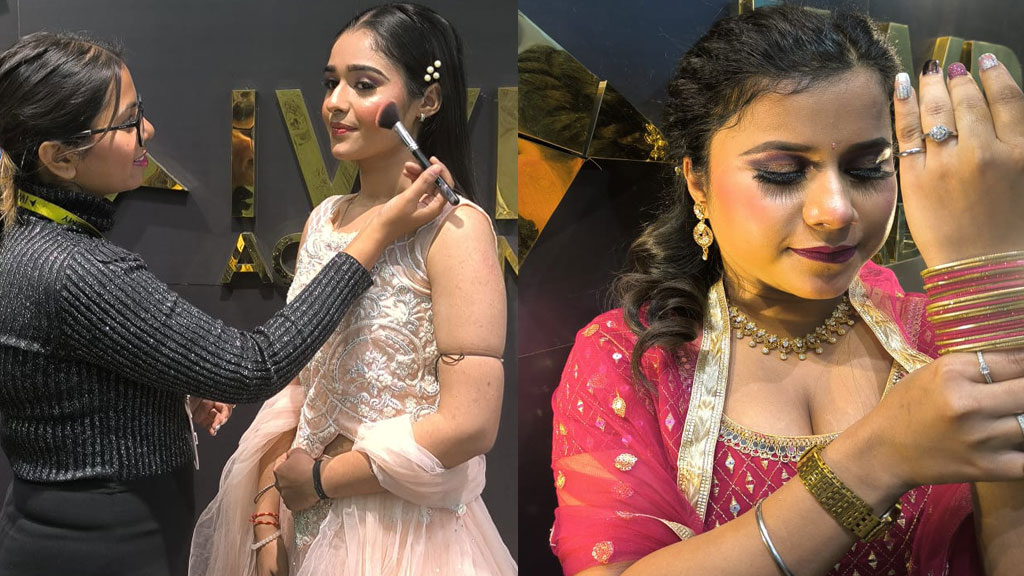Introduction:
In a world that values self-expression and individuality, the art and science of cosmetology play a pivotal role in helping people look and feel their best. If you’re fascinated by the transformative power of beauty and skincare, a cosmetology course might be your ticket to a rewarding and creative career. In this blog post, we’ll delve into the captivating realm of cosmetology courses, exploring the skills they offer, the diverse disciplines they cover, and the exciting possibilities they present in the world of beauty and wellness.
- Understanding the Essence of Cosmetology Courses:
Cosmetology courses are comprehensive programs designed to equip individuals with the knowledge and skills needed to excel in the beauty and wellness industry. From hair styling and skincare to nail art and makeup application, these courses cover a wide spectrum of disciplines within the field.
- Hair Styling and Cutting Techniques:
A cornerstone of cosmetology courses is hair styling. Students learn the art of cutting, coloring, and styling hair to create diverse looks that suit individual preferences and trends. Courses often cover the anatomy of hair, various cutting techniques, and the chemistry of hair coloring.
- Skin Care and Aesthetics:
Cosmetology courses delve into the science of skincare and aesthetics. Students gain insights into skincare routines, facial treatments, and the use of various skincare products. This knowledge is essential for promoting healthy skin and addressing the diverse needs of clients.
- Nail Care and Artistry:
Nail care is another exciting dimension of cosmetology courses. Students learn the art of manicures, pedicures, and various nail enhancement techniques. Nail artistry, including intricate designs and nail extensions, is a creative aspect that adds flair to the skill set.
- Makeup Application and Techniques:
The transformative power of makeup is a focal point in cosmetology courses. From natural looks to avant-garde styles, students acquire skills in makeup application, color theory, and contouring. Bridal makeup, theatrical makeup, and special effects makeup are often explored as well.
- Chemistry of Beauty Products:
Understanding the chemistry behind beauty products is crucial for cosmetologists. Courses provide insights into the ingredients of cosmetics, skincare products, and hair treatments, enabling students to make informed choices and recommend suitable products for clients.
- Salon Management and Client Relations:
Beyond the artistic aspects, cosmetology courses often include modules on salon management and client relations. Students learn the business side of the industry, covering topics such as scheduling, inventory management, and building positive relationships with clients.
- Health and Safety Standards:
Maintaining health and safety standards is paramount in cosmetology. Courses educate students on proper sanitation, hygiene practices, and safety protocols to ensure a clean and safe environment for both clients and practitioners.
Conclusion:
Enrolling in a cosmetology course is not just about learning beauty techniques; it’s a journey into the realm of artistry, science, and self-expression. Whether you aspire to work in a salon, pursue a career in makeup artistry, or even launch your beauty brand, a cosmetology course provides the foundation needed to thrive in the diverse and ever-evolving world of beauty and wellness. Get ready to blend creativity with expertise and embark on a fulfilling journey in the art and science of beauty!

